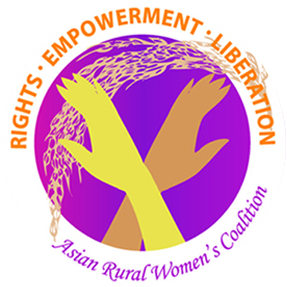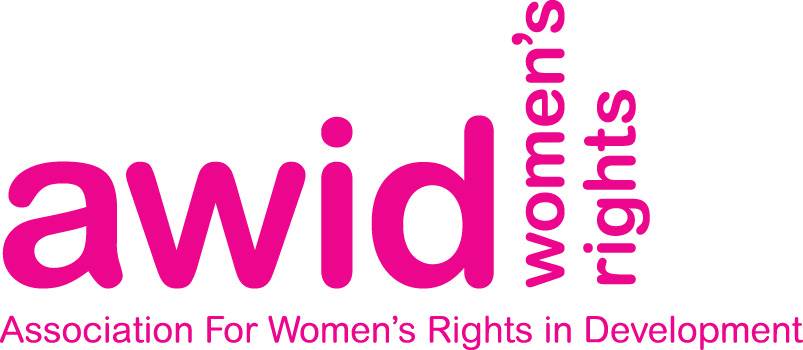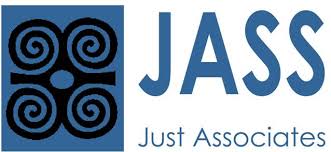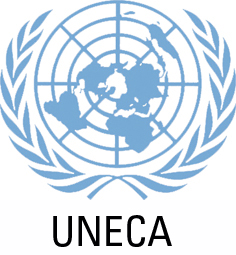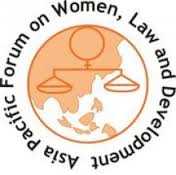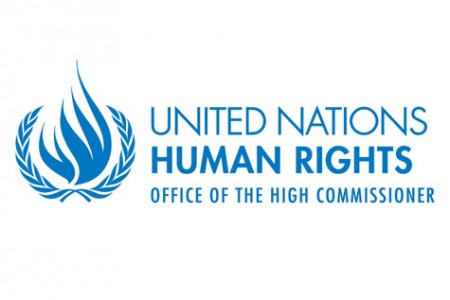Landesa - Rural Development Institute
About Landesa
Landesa partners with governments and local organizations to ensure that the world’s poorest families have secure rights over the land they till. Founded as the Rural Development Institute, Landesa has helped more than 105 million poor families gain legal control over their land since 1967. When families have secure rights to land, they can invest in their land to sustainably increase their harvests and reap the benefits—improved nutrition, health, and education—for generations.
Oxfam International
Our Vision
Our vision is a just world without poverty. We want a world where people are valued and treated equally, enjoy their rights as full citizens, and can influence decisions affecting their lives.
Our Purpose
Our purpose is to help create lasting solutions to the injustice of poverty. We are part of a global movement for change, empowering people to create a future that is secure, just, and free from poverty.
Achieving our Purpose
Asian Rural Women's Coalition
Borne of the women's continued resistance against imperialist globalization was the Asian Rural Women's Regional Consultation held in the Philippines in 2007 (of 52 Asian women from 14 countries) followed by the Asian Rural Women's Conference in 2008 held in Arakkonam, Tamil Nadu, India. The 2008 conference forged unity among the 700 rural women leaders, national women's groups, regional networks representing peasants, agricultural workers, indigenous women, Dalit women, workers and migrants from around 21 countries in Asia and the Pacific.
Association for Women's Rights in Development
Just Associates
JASS believes that women who are most affected by the political, economic, environmental and health crises reverberating across the world are on the frontlines of change. While they rarely have a seat at the decision-making table, they are organizing their communities, developing solutions and promoting justice—often at great risk for going against the grain. As a global women-led human rights network of activists, popular educators and scholars in 31 countries, we work to ensure women leaders are more confident, better organized, louder and safer as they take on some of the most critical
United Nations Economic Commission for Africa
Established by the Economic and Social Council (ECOSOC) of the United Nations (UN) in 1958 as one of the UN's five regional commissions, ECA's mandate is to promote the economic and social development of its member States, foster intra-regional integration, and promote international cooperation for Africa's development.
Made up of 54 member States, and playing a dual role as a regional arm of the UN and as a key component of the African institutional landscape, ECA is well positioned to make unique contributions to address the Continent’s development challenges.
Asia Pacific Forum on Women, Law and Development
APWLD developed from dialogues among Asia Pacific women lawyers, social scientists and activists, which began at the 1985 Third World Forum on Women, held in Nairobi, Kenya. The women participating in the dialogues recognised that while law is used as an instrument of state control over resources, rights and even women’s bodies, it can also be used to help effect political and socio-economic changes in our societies.
Women's Major Group
The Women’s Major Group role and organisation
The Women’s Major Group was created at the Earth Summit in Rio de Janeiro, Brazil in 1992, where governments recognized Women as one of the nine important groups in society to achieve sustainable development. Since 1992, the Women’s Major Group has been recognized by the United Nations in the UN processes on Sustainable Development and since 1996 in the processes of the United Nations Environment Program.
Committee on the Status of Women
The NGO Committee on the Status of Women, NY (NGO CSW/NY) supports the work of the United Nations Commission on the Status of Women and UN Women. By playing an active role in the UN Community, NGO CSW/NY advocates for women’s rights and the advancement of women and girls worldwide.
Office of the United Nations High Commissioner for Human Rights
The Office of the United Nations High Commissioner for Human Rights (OHCHR) represents the world's commitment to universal ideals of human dignity. We have a unique mandate from the international community to promote and protect all human rights.
Mission Statement
Social Institutions & Gender Index
WHAT IS SIGI ?
The OECD Development Centre’s Social Institutions and Gender Index (SIGI) is a cross-country measure of discrimination against women in social institutions (formal and informal laws, social norms, and practices) across 160 countries. Discriminatory social institutions intersect across all stages of girls’ and women’s life, restricting their access to justice, rights and empowerment opportunities and undermining their agency and decision-making authority over their life choices.




